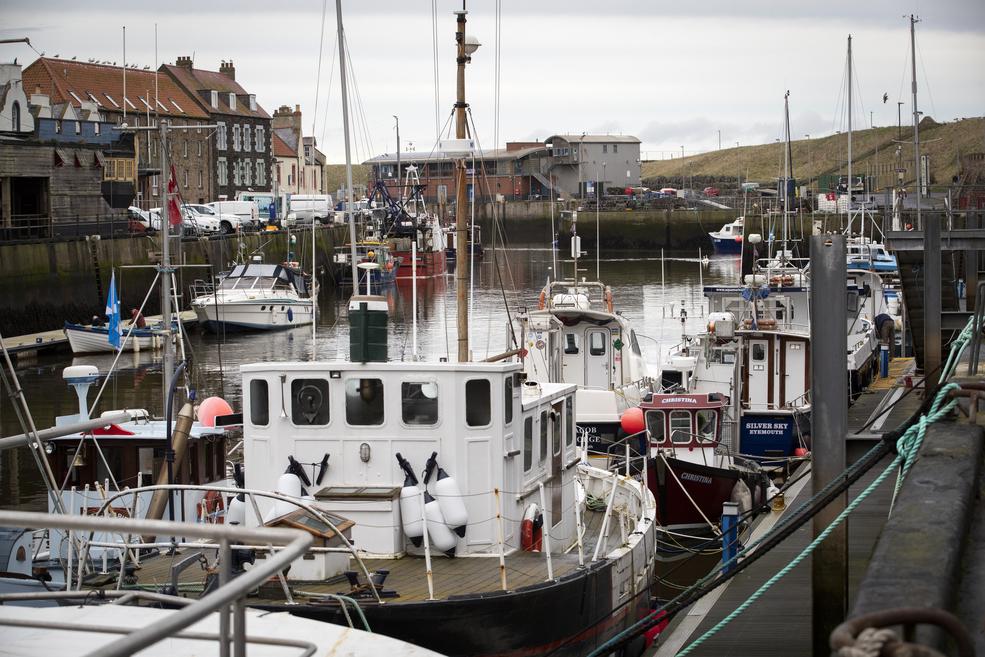Humza Yousaf’s ruling SNP party faces anger and rebellion over a flagship environmental policy that could see all fishing banned in 10 percent of Scotland’s seas.
There has been concern and outcry from various groups, including the fishing industry in rural areas, opposition politicians, and MPs within the SNP, in response to a plan to establish highly protected marine areas (HPMAs) covering at least 10 percent of Scotland’s waters.




